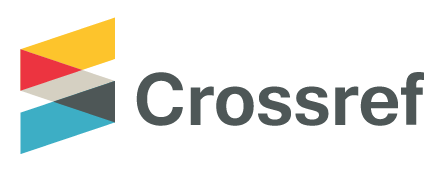Assessing Virtual Collaborative Learning (VCL) as an Innovative Teaching and Learning Approach: A Case Application in Albania
DOI:
https://doi.org/10.53615/2232-5697.12.S49-59Keywords:
Virtual Collaborative Learning, teaching, learningAbstract
Purpose: The purpose of this research is to assess the implementation of a Virtual Collaborative Learning model (VCL) applied at a university level course/module with students of the bachelor cycle in a HEI in Albania.
Study design/methodology/approach: A single descriptive case study design has been used. At the end of the pilot VCL-based course activity deployment, an open-ended survey was conducted, and the response transcripts were analysed and elaborated. Course instructor and E-tutor first-hand observation has been also utilized.
Findings: Data obtained from the survey shows that the implementation of the VCL model alongside its challenges, is generally well-acknowledged and considered a positive experience. The majority of respondents, 93% of the students who participated in the survey highly recommend VCL as a new approach in learning. Communication issues are noticed particularly at first when students are trying to get accustomed to this model.
Originality/value: The expected novelty of this pilot project was the development of the teaching and learning processes through alternative innovative approaches such as through virtual collaborative learning.
Downloads
Downloads
Published
Issue
Section
Categories
License
Copyright (c) 2023 Esmir Demaj, Griselda Alushllari

This work is licensed under a Creative Commons Attribution-ShareAlike 4.0 International License.















